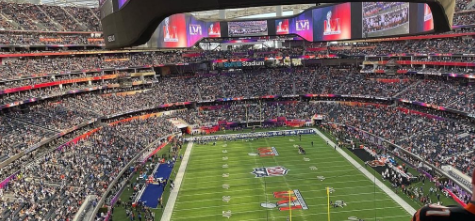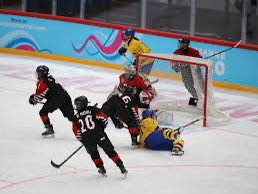You’re assigned into lab groups. The instructions are given. The instructions are ignored. The group only talks to argue over what to do next, and the assignment is a flop.
When that group assignment is finally announced, your mind might start racing with thoughts like, “I hope I’m grouped with my friends,” or, “I hope my group isn’t lazy.” And, when the deadline comes around, you can only hope the assignment is better than a jumbled mess of ideas with no rhyme or reason. So group work can be messy, but what if we could make the skills in it more true to the workplace? And what if we only needed to adjust our communication?
I interviewed Josh Townsend, a local marketing executive by day and volunteer firefighter by night, who weighed in on the importance of group projects.
Here’s on example of effective communication in a school group project and how it connects to the skills needed in his careers. The students I was grouped with chose different eras of history based on their expertise. Assigning roles like this is also important in firefighting. According to Townsend, “Every individual on a crew has distinctly different tasks.” This makes sure nobody is wasting energy doing the same thing as someone else. Two people pulling hoses to the same fire hydrant wastes resources. Two people doing the same Google slide on the Industrial Revolution also wastes resources.
Two of us wanted the same era, but for the sake of time, I gave it to my groupmate. At the scene of a fire, firefighters may need to decide whether or not to break down a door. If there is no compromise, people’s safety and security could be at risk. Similarly, if my groupmate and I had argued further, we might not have completed the project on time.
My group also decided to review each other’s slides. This allowed all of us to get feedback and add missing information. Townsend also mentioned that marketing requires him to generate ideas with other people to create a product with everyone’s input. This ensures less biased marketing. My group reviewing slides similarly reinforced that our presentation included accurate and thorough information. Not every group works this well, however.
Here’s a story that might seem more familiar. After being put into lab groups, we rushed straight past the instructions and straight to the procedures. Rather than discussing roles, the group split in two, with both halves working independently. The two halves ran into problems when they discovered there was only set of equipment. This is the same as if two firefighters try to put up ladders in the same place: one person made no forward progress because a job meant for one was filled by two.
Both halves of the group of the group were unwilling to use the other’s idea for the procedures, leading to more arguing than working. This rushed our final calculations which caused us to forget about the piece of data we needed and calculate the wrong thing. If the group was less solitary and thought together, one of us might have noticed something was missing. According to Townsend about his marketing job, “in order to get ideas, I need to work…with product managers to understand a product’s value.” If he didn’t get their input, his knowledge of the product would be limited, just as our lack of communication prevented us from seeing the big picture.
We as students very often overlook the little things in school that aren’t exactly taught, whether they be social interaction, time management, or, yes, group work. We also tend to complain about how little the practical applications of our classes are taught. But if there are any lessons school has for us like this, they’re the implicit skills in-between equations, labs, and essays. They’re the things like your group project having all the foresight of a goldfish, begging for you to practice these skills we’ll need in the not so distant future. So take working together seriously. You’ll thank yourself later.
Categories:
Group Work and Why it’s More Important Than You Think
William Townsend, Editor
April 20, 2025
0





























